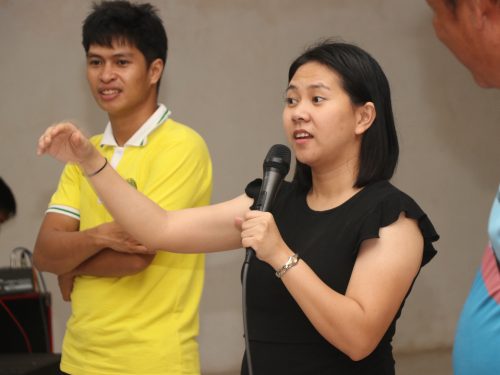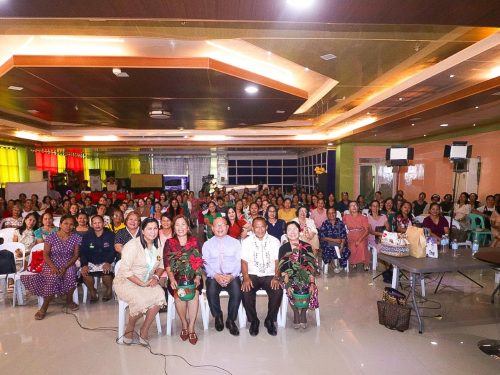Aurelio Mendoza Memorial College recently held a transformative training session on Filipino Sign Language (FSL) to equip Social Worker Interns with the essential skills needed to communicate effectively with the Deaf Community. The training, which took place on September 11, 2024, emphasized the importance of breaking down communication barriers and providing better services to the Deaf, who are a vital part of the Persons with Disabilities (PWD) sector.
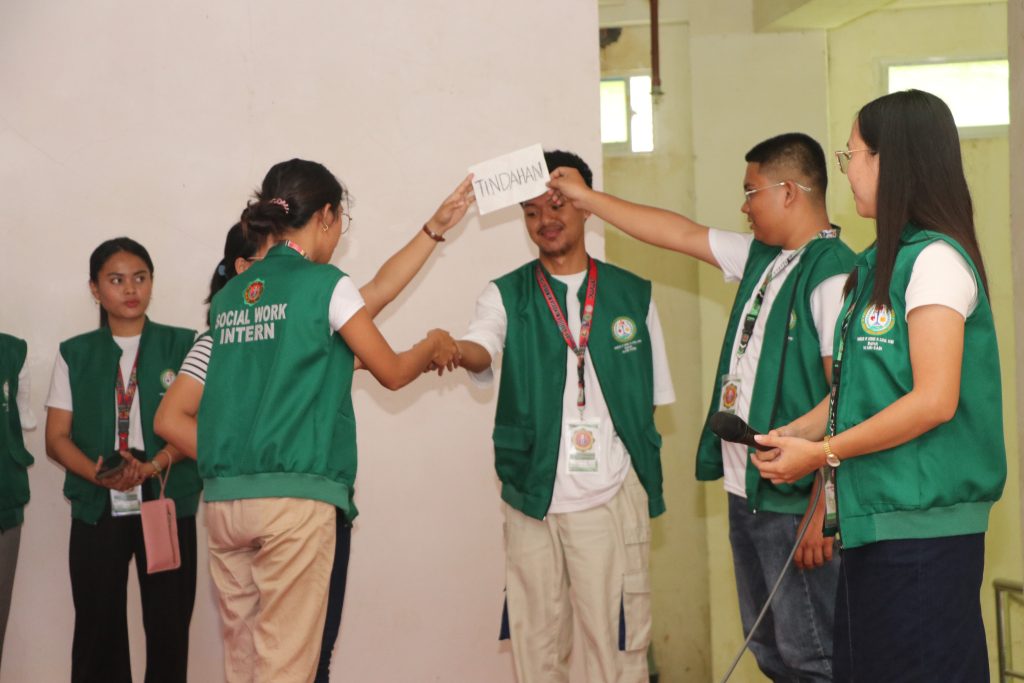
Leading the training were four Deaf trainers: Clyde Santuyo, Carren Balandra, Jaireh Parbaquel, and Jomar Canabano. These passionate Deaf educators brought invaluable insight into Deaf culture and the nuances of Filipino Sign Language. Their dedication to sharing their language with the Hearing community played a critical role in helping participants understand the perspective and experiences of the Deaf.
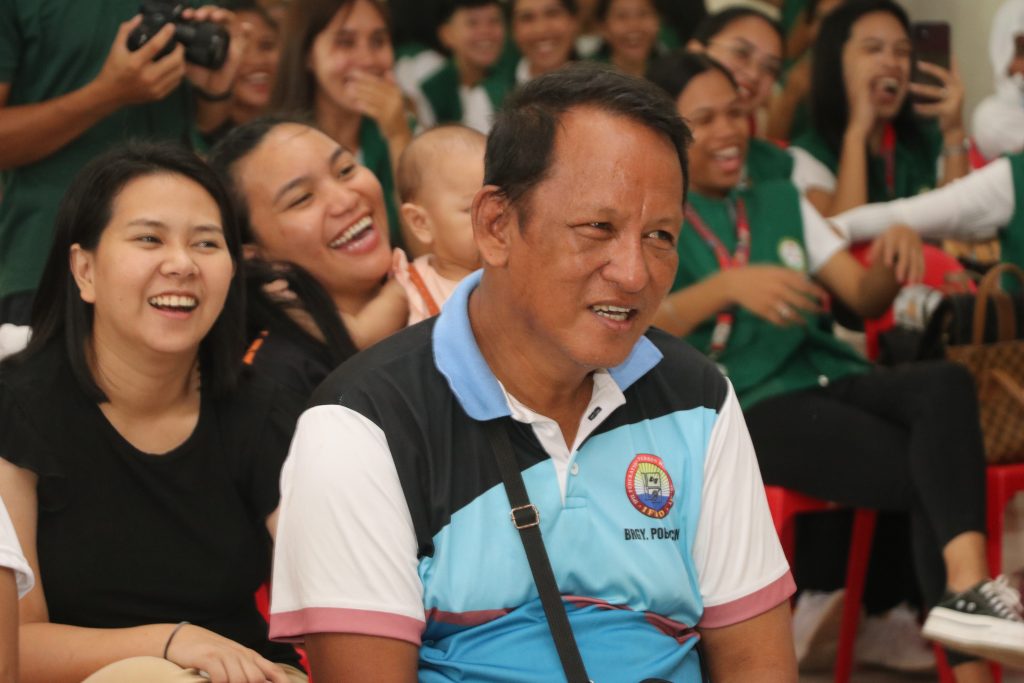
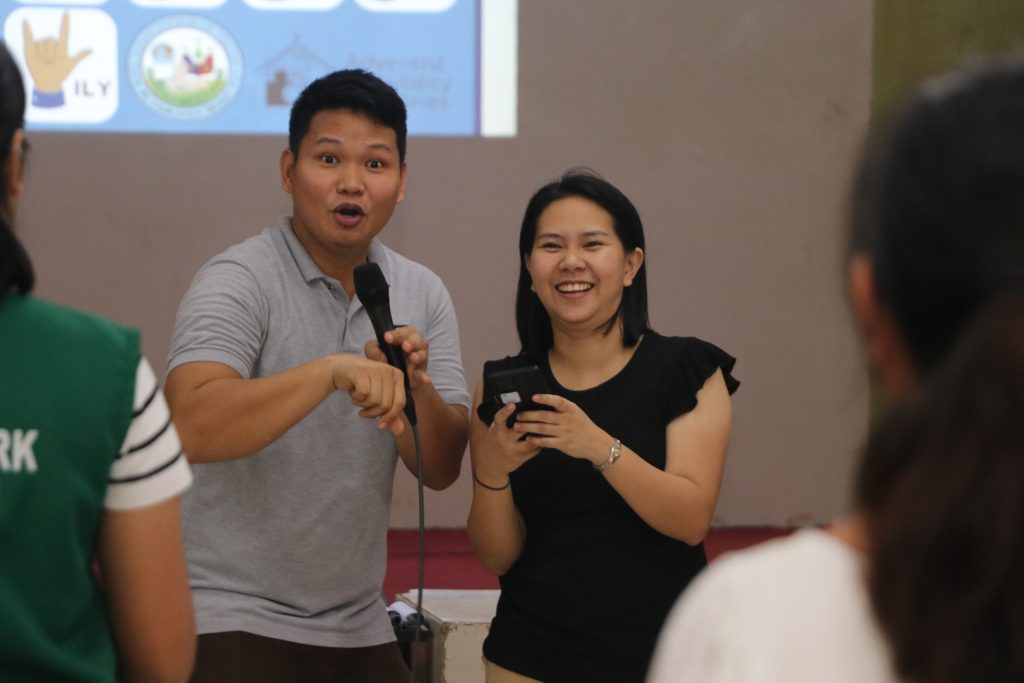
In addition to the Deaf trainers, two Hearing Interpreters, Princess Rhea Caberte and Paulmarc Arbe Caberte, also contributed to the training. This married couple, long-time advocates for the Deaf, offered valuable expertise on bridging communication between the Deaf and Hearing worlds. Their dedication to the Deaf Community provided the interns with essential tools for future interactions.
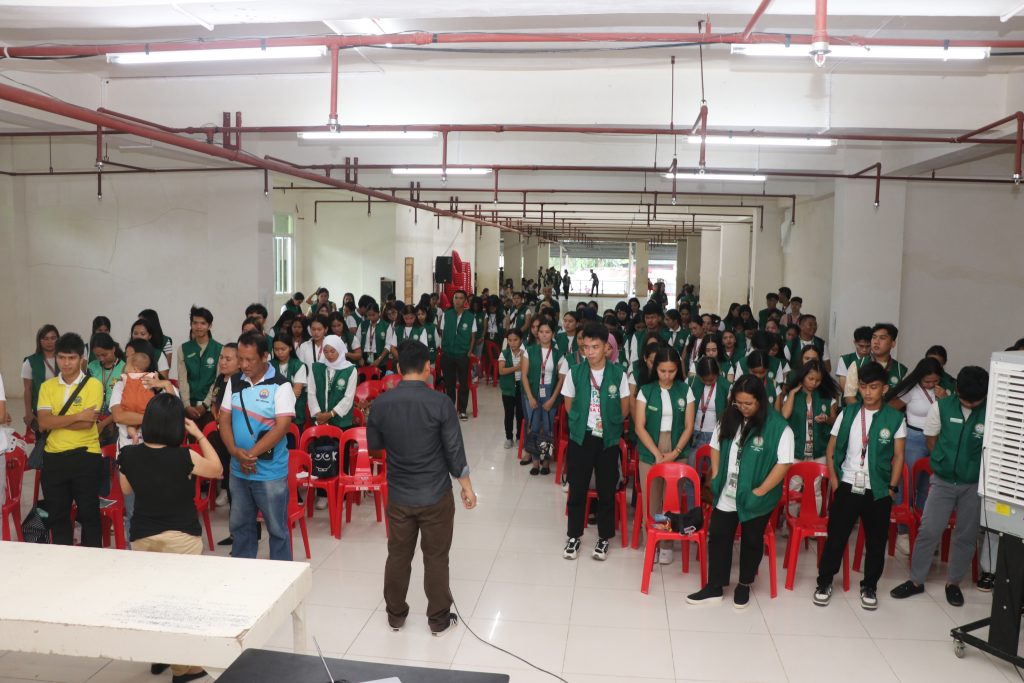
The Seventh-day Adventist Church is deeply committed to being of service and a blessing to those around us, including those who cannot hear. We feel especially blessed that government institutions and schools are opening doors of opportunity for us to connect with them in this shared mission. Together, we aim not only to help the Deaf hear the gospel but also to provide them with the accessibility they deserve in all areas of life.
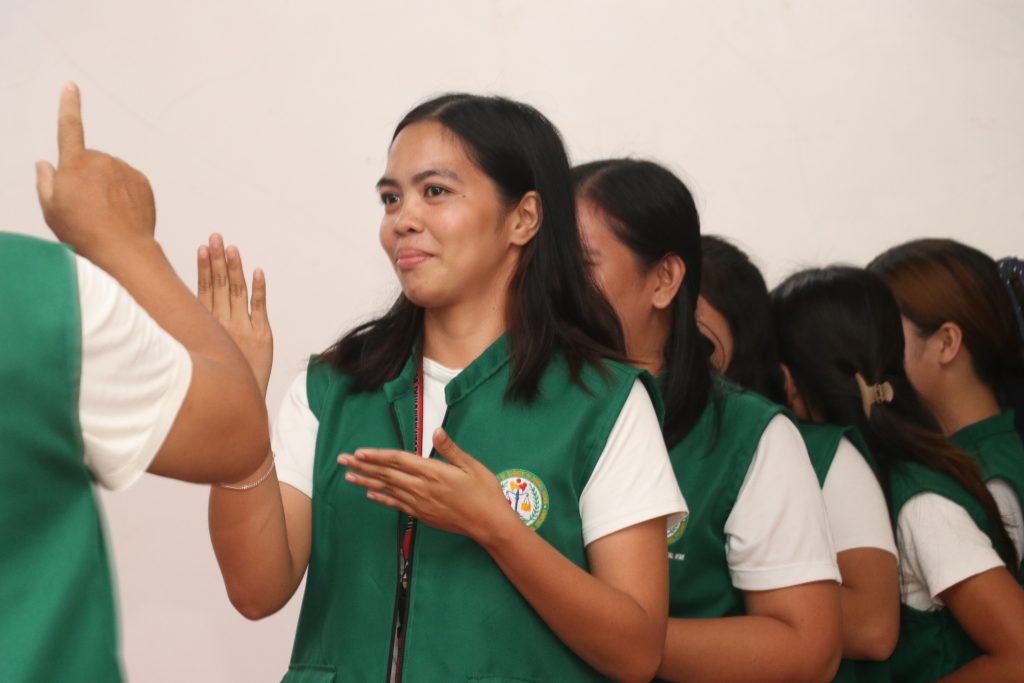
The training session aimed to ensure that the interns, who will eventually work as social workers, are well-prepared to cater to the needs of the Deaf. Through this initiative, participants gained practical communication skills and a deeper understanding of Deaf culture, setting a new standard for inclusivity in the field of social work.
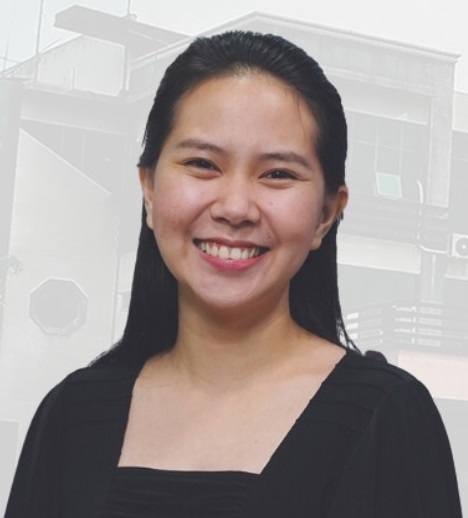
Adventist Possibility Ministry / Hope Channel
Zamboanga Peninsula Mission

